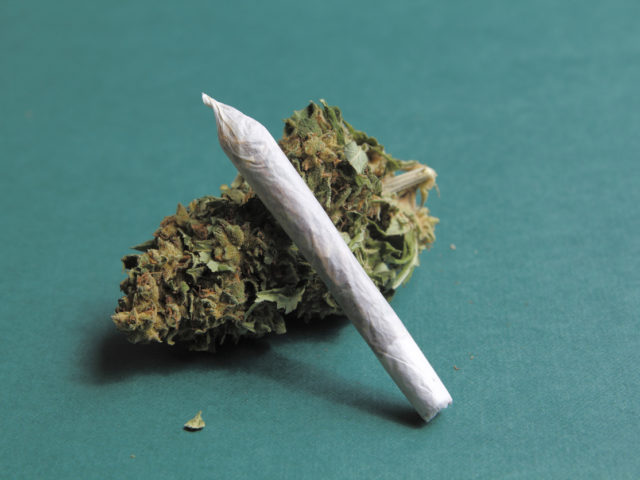How Long Does Weed Stay In Your Body?
How long does weed stay in your body? Our company located at Cathedral City, CA. Cannabis products are detected in blood tests and urine as long as several days after the use. The majority of THC as well as other cannabinoids are removed from the body within 3-4 hours. However, there are some residual levels that could remain for up to a few weeks after consumption.
How Long Does Marijuana (Weed) Stay In Your System?
As marijuana becomes more legalized, people are wondering how long it stays in their system. Many believe that the THC, or delta-9-tetrahydrocannabinol, will be cleared from the body within a few days. However, metabolites can continue to linger for weeks or even months. This is due to the fact that marijuana is fat soluble and accumulates in the fatty tissues in the body. Marijuana can also be eliminated through urine and saliva tests. However, because of the presence of metabolites, a positive test may not actually mean that you’ve recently used marijuana.
Best Ways How To Get Weed Out Of The System
Many people have concerns about how to remove weed of their bodies, and the answer will differ for everyone. Smokers can expect a quick reduction in marijuana. Others may have to rest for several days or even weeks, before their body is completely rid of all trace of the weed. You can accelerate the process by employing these strategies:
- Try to eliminate the Cigarettes
- Smokers who attempt to quit smoking cigarettes for good may notice the difference in their capacity to eliminate marijuana from their systems. If you’re trying to stop completely, quitting cigarettes could make a big impact; cutting back on other forms of nicotine (like cigars) will also be beneficial.
- Water Purification
- Bowel movements. Your body will flush marijuana through your bladder in the event that you don’t use it for a time. If you’ve been regular cannabis users for some time and wish to speed up the elimination process, drinking plenty of water before going without should help push weed out of your system faster. A warm bath may aid in the cleansing of your organs and flush any remaining substances.
- ) Consuming food
How It Looks, Tastes And Smells?
The texture of the fruit is what determines how ripe it is. The more ripe the fruit the more tender it will be. A smooth texture is common in fruits that are juicy and soft. Fruits that are harder will have a rough texture. Fruits also vary in the sense of flavor and smell. Oranges contain orange-colored juice with a pleasant juice. Certain fruits, like strawberries, are more fragrant and a sweeter aroma.
Marijuana Detection Times
Recent studies have revealed that marijuana can be detected for up to 2 days after it was consumed. The general rule is that marijuana use will result in a greater number of positive test results for drugs. So, people should be aware of the time frames for testing and take the appropriate precautions if they intend to use marijuana at work or while participating in any other legal activity.
Here’s How Long Cannabis Can Be Detected In Your Body
Cannabis use is now legal in numerous states across the U.S., and more are expected to be following the same pattern. It is crucial that people are aware that cannabis may remain in their systems for up to a month after having last used. This article will help you understand how long cannabis can remain in your blood, urine or saliva samples. Urine THC detection typically takes between 2-5 days. However, elevated levels can be detected as early as 10 days later. THC levels in urine are usually determined by the amount of marijuana consumed or smoke. Someone who smokes just one joint a day may be able to detect a THC concentration of 0.05 nanograms/milliliter. Likewise, someone who ingests three joints daily could have a THC concentration that is 3 ng/mL. However, as with any substance, there will always be an individual variation. Blood The blood concentration of cannabinoids tends to be highest following ingestion or smoking, and slowly drops over the course of 6 to 12 hours. The levels of blood cannabinoid are highly individual, much like urine.
